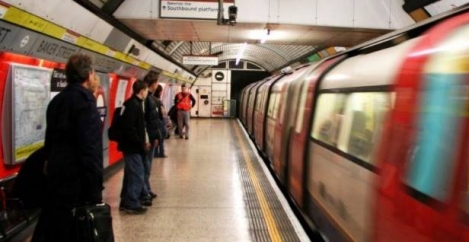November 13, 2018
Annual commuting time is up 18 hours compared to a decade ago, finds TUC
 Commuting to and from work now takes 5 minutes longer than a decade ago, according to a new analysis published by the TUC to mark the annual Commute Smart Week organised by Work Wise UK. Rail commuters face the longest journeys, taking an average of 2 hours and 11 minutes every day – an increase of 4 minutes on the last decade. Drivers spend 52 minutes on the road to work and back (up by 3 minutes), while bus commuters must set aside 79 minutes a day (up by 7 minutes). Cyclists (44 minutes) and walkers (29 minutes) have the quickest daily journeys.
Commuting to and from work now takes 5 minutes longer than a decade ago, according to a new analysis published by the TUC to mark the annual Commute Smart Week organised by Work Wise UK. Rail commuters face the longest journeys, taking an average of 2 hours and 11 minutes every day – an increase of 4 minutes on the last decade. Drivers spend 52 minutes on the road to work and back (up by 3 minutes), while bus commuters must set aside 79 minutes a day (up by 7 minutes). Cyclists (44 minutes) and walkers (29 minutes) have the quickest daily journeys.
Most UK nations and regions have seen increases in commute time in the last decade, with the exception of Northern Ireland. Londoners take the longest to get to and from work, travelling for 1 hour and 21 minutes each day, which is 23 minutes longer than the average across the UK.
The TUC blames growing commutes on three main factors:
• Low government spending on transport infrastructure
• Employers not offering flexible and home working
• Real wages falling while house prices have risen, making it harder for people to live close to where they work
For this year’s analysis, the TUC has taken a closer look at BME workers. The average commute for BME workers is 1 hour and 9 minutes, compared to 57 minutes for white workers. UK census data shows that BME people are more likely to live in urban centres, especially London. BME workers in the capital twice are also twice as likely as white workers to travel by bus. BME workers have lower average pay and are more likely to work nights. They are therefore more likely to be reliant on night buses. And to save money they may also be more likely to choose long bus journeys instead of faster options.
















